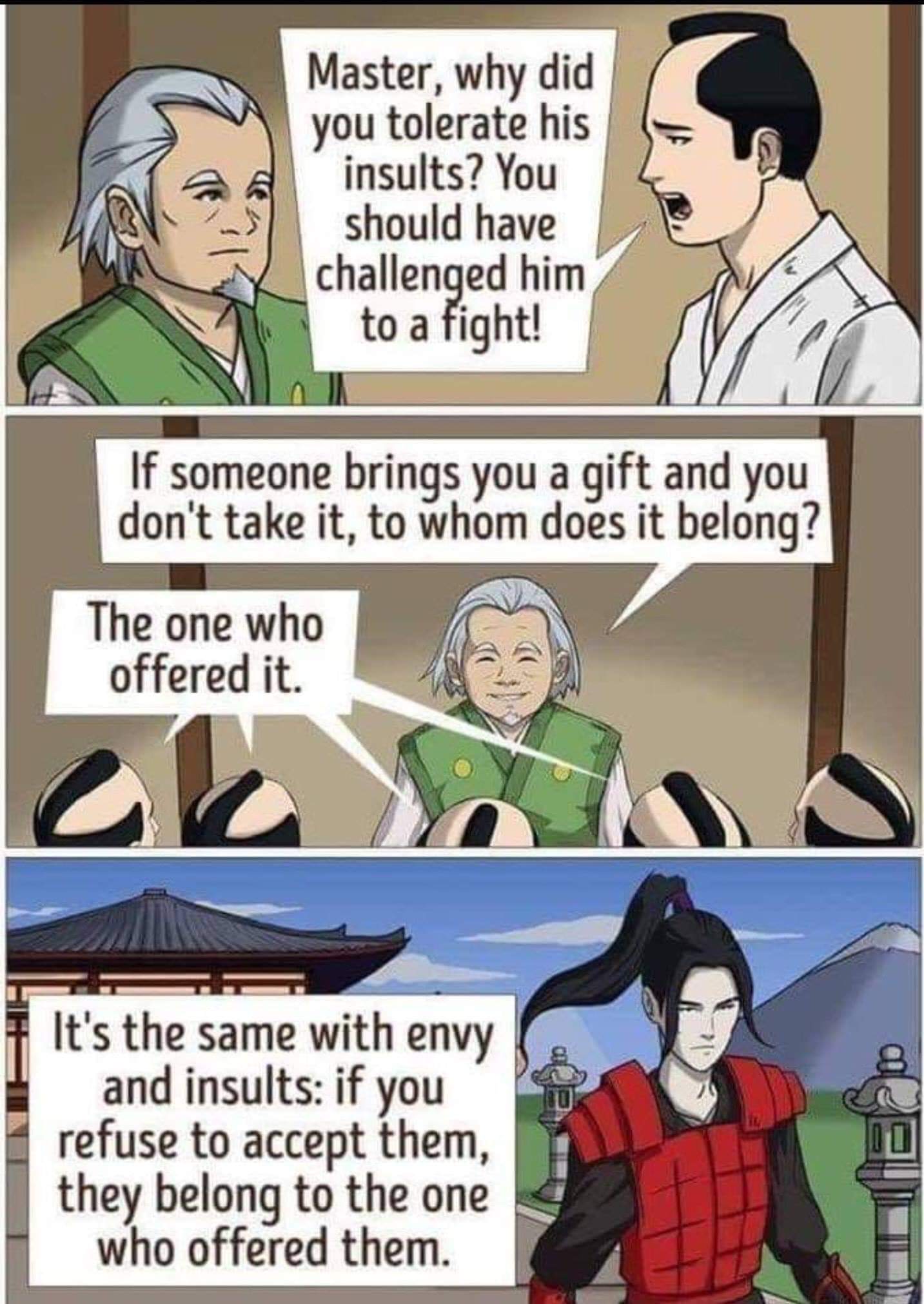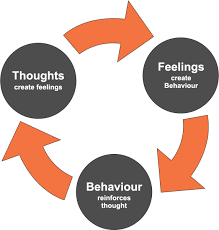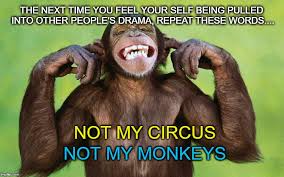
In an earlier blog “Is Depression Getting You Down?”, I referred to resilience and how it can help to defend against depression. In that blog, I introduced mindfulness as a way to build resilience. Another way is to train yourself to shrug off insults and envy (offences).
My kids have often come home from school crying: “So-and-so said XYZ about me!” I ask if XYZ is true… more often than not, it is not. To which I respond “Well if you know it is untrue, then So-and-so is mistaken. If it is untrue, then you needn’t worry your head about it.”
As adults, this argument remains true. The bigger an issue we make out of someone’s offence towards us, the more attention we draw to it. If we refuse to acknowledge the offence, it suggests that it is unworthy of our notice… that it is irrelevant, uninteresting and unimportant.
“The lady doth protest too much, methinks”
Hamlet Act III, Scene II. Shakepeare
I think we can all agree that Shakespeare is a pretty smart guy, and his writings (if not his wardrobe choices!) remain relevant today. In 21st Century society, airtime gives credibility… so by denying airtime to something, we are denying it a means of existence.
If we allow the offence space in our world, it becomes a negative thought in our mind. CBT (Cognitive Behavioural Therapy) draws links between our thoughts, behaviours and emotions and how each affects the other.

Let’s create a sample situation, and follow two possible responses to an offence: Mary and Jane were in the same circle of friends. Mary told all their friends that Jane had made a pass at her boyfriend.
Scenario 1 (Jane reacts to the offence):
Jane knows this to be untrue, however the offence has crept into her headspace and taken hold.
THOUGHTS: “What if people believe Mary?”, “What if no one believes my side of the story?”, “What if my friends all turn their backs on me?”‘ “What if no one trusts me around their boyfriends ever again?”… the ‘what if’s’ just keep coming.
FEELINGS: As a result, Jane experiences feelings of anxiety, doubt, insecurity, fear, anger, frustration.
BEHAVIOURS: These feelings lead Jane to alter her behaviours: Jane now avoids being alone with anyone’s boyfriend (implying guilt or shame). Jane completely avoids Mary and her boyfriend (also implying guilt and shame). Jane speaks to all her friends about the situation, denying Mary’s claim (feeding the rumour mill and extending the lifespan of the situation). Jane considers abandoning her circle of friends and finding a whole new social circle (implying guilt and shame).
THOUGHTS: The cycle continues… Jane’s new pattern of behaviours lead to even more negative thoughts: “What if my new friends turn on me too?”, “What if my new friends hear Mary’s lies and believe them to be true?”, “What if I just go ahead and do what Mary accused me of, since I’m being assumed guilty anyway?”
Another level of feelings and behaviours follow from these thoughts, and the cycle carries on indefinitely until Jane no longer recognises herself anymore.
Now let’s imagine Jane had an alternative reaction:
Scenario 2 (Jane does not engage with the offence):
Although Jane is bothered by Mary’s claims, she refuses to be provoked into ‘battle’.
Thoughts: “What the hell is up with Mary?”, “Mary must have some serious issues.”, “People have no reason to believe Mary’s claim against me, so I have nothing to be concerned about here.”
Feelings: As a result of these thoughts, Jane may experience feelings of confusion, concern (for Mary), empathy, security and faith (in her greater circle of friends).
Behaviours: These feelings and thoughts do not lead to any great changes in Jane’s behaviour. Jane avoids no one and carries on exactly as before. To her circle of friends, this can go one of two ways: Some may believe she is guilty and her behaviour makes her shameless (these people are not true friends, and are no great loss to Jane). Others see Jane’s lack of a reaction to be evidence that she gives it no credence. They may enquire with Jane as to what happened, but they will also likely accept Jane’s bewilderment as fact.
Thoughts: Jane now has a clearer picture of who her real friends are. She is even more secure in those friendships and puts her time and energy into more worthy connections. This deeper investment in Jane’s true friendships allows Jane to feel even more connected and confident. What could have had a seriously undesirable outcome, has in fact served Jane quite well.
Obviously, this is an oversimplification of a hypothetical scenario, but you get what I’m getting at: If I refuse a ‘gift’, then the gift remains with the giver… If I refuse the negativity of an offence, then the negativity remains with the offender and is neither mine nor my problem. This refusal is a show of assertiveness; assertiveness is an element of resilience.

In theory, this should be quite simple: “Thanks, but no thanks!”. However, life is rarely so simple, and this type of resilience is a skill that is developed over time. If you find yourself getting dragged into other people’s drama and taking it on board, then it may be helpful to get support and guidance to show you how to avoid these pitfalls; reducing stress, anxiety, and possibly avoiding a spiral into depression. Sage Counsel is here to help.
Contact Sage Counsel: 086-8539718 sagecounsel@outlook.com

Really liked this article, very helpful piece!
THanks Tracy. Feel free to share 🙂